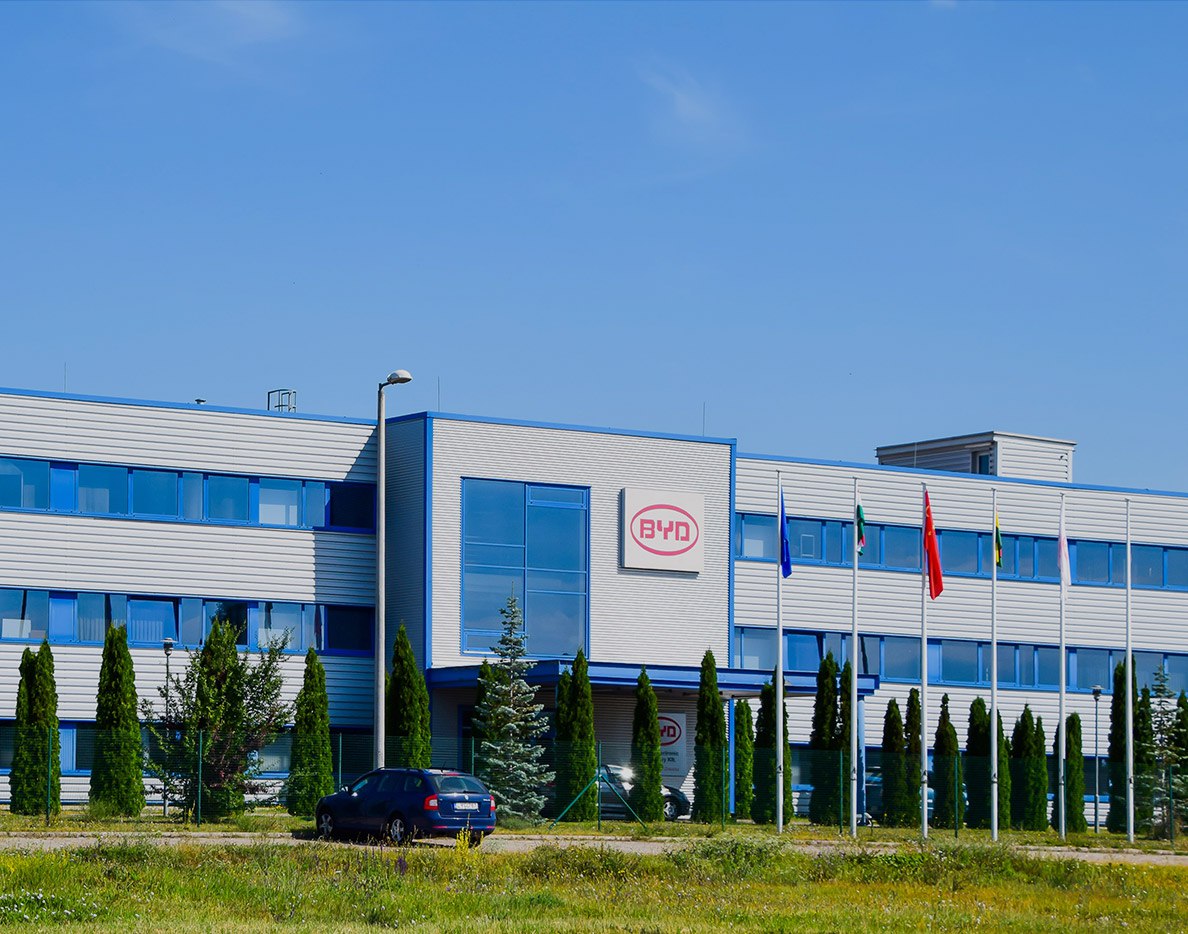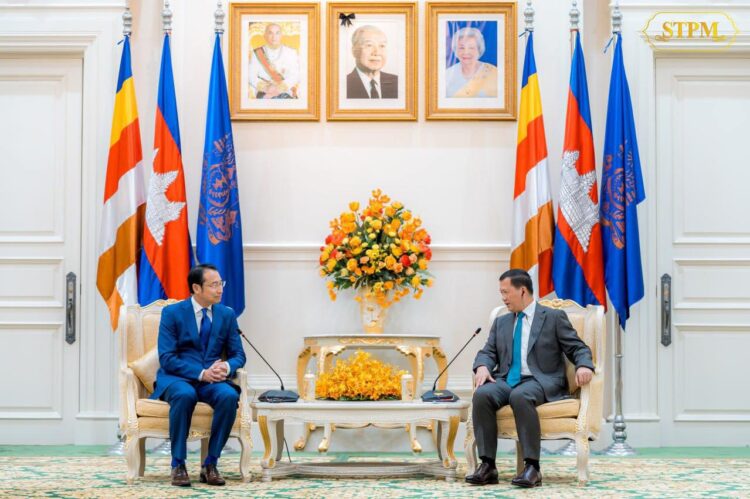BYD Asia Pacific Auto Sales Division is poised to significantly bolster its regional footprint by establishing an electric vehicle assembly plant in Cambodia. The decision, announced via the official Facebook page of Cambodian Prime Minister Hun Manet, follows high-level discussions held on July 15, 2024, between Prime Minister Hun Manet and Liu Xueliang, CEO of BYD Asia Pacific Auto Sales Division.
The upcoming assembly plant is slated to have an annual production capacity of up to 20,000 electric vehicles. This initiative not only aims to meet the burgeoning demand in Cambodia but also positions the country as a strategic hub for BYD’s exports to international markets.

BYD’s decision to invest in Cambodia underscores its strategic vision to capitalize on the country’s growing importance in Southeast Asia’s automotive sector. The establishment of the assembly plant not only signifies BYD’s commitment to expanding its production capacity but also highlights Cambodia’s attractiveness as a conducive business environment for automotive manufacturing.
With this expansion, BYD aims to further strengthen its position in Southeast Asia’s electric vehicle market while contributing to Cambodia’s industrial development and employment growth. The move is expected to bolster economic ties between China and Cambodia, further cementing BYD’s role as a key player in the region’s sustainable transportation landscape.
The strategic investment aligns with BYD’s broader mission to drive sustainable mobility solutions globally, leveraging Cambodia’s strategic location and favorable business climate to enhance its production capabilities and meet the evolving needs of consumers in Southeast Asia and beyond.
Founded in 1995 and headquartered in Shenzhen, China, BYD has emerged as a global leader in electric vehicles and renewable energy solutions. As of 2022, the company has surpassed the milestone of producing over 3 million vehicles and has established a robust presence across 70 countries worldwide. In Asia, BYD operates manufacturing and assembly facilities in key markets such as China, Thailand, India, and Indonesia, showcasing its commitment to localizing production and meeting regional demand.














